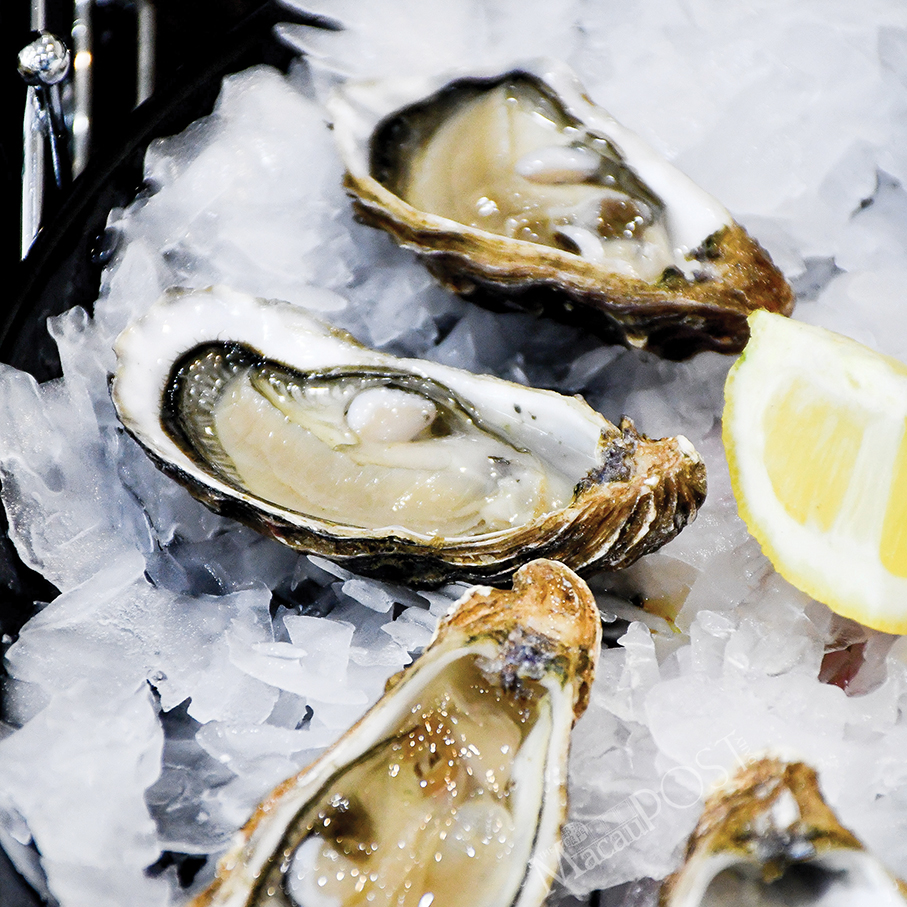The Municipal Affairs Bureau (IAM) said in a statement yesterday that it has suspended imports of problematic live rock oysters after detecting norovirus genes in a shipment from a US source exported to Macau via Hong Kong.
According to the statement, the live rock oysters found to contain the norovirus gene were exported by Peale Passage WA-0295-SP, an oyster farming area in the United States.
Peale Passage is a channel in the southern part of Puget Sound in the US state of Washington.
The statement said the bureau has immediately suspended the import of live rock oysters from the same source, adding that it would notify the relevant departments in Hong Kong of the case.
The bureau also called on the local food industry to immediately stop supplying or selling the product in question.
The statement pointed out that oysters feed on plankton and algae found in seawater. If the water in which the oysters are grown or harvested contains pathogens, these substances can accumulate in the oysters, which could cause a risk of illness. Raw or undercooked oysters are a high-risk food and should be avoided by pregnant women, young children, the elderly and people with weakened immune systems, the statement said.
According to local regulations, all fresh food and products of animal origin must be declared at the time of importation and are subject to mandatory inspection by the IAM.
The statement said that the bureau has also stepped up monitoring the local food market and continues to take food samples for testing at retail and supply outlets to ensure food safety. Anyone who has food-related enqueries may call the IAM’s Food Safety Hotline on 2833 8181.

This undated file photo downloaded last night shows live rock oysters.
– Photo courtesy of Unsplash









